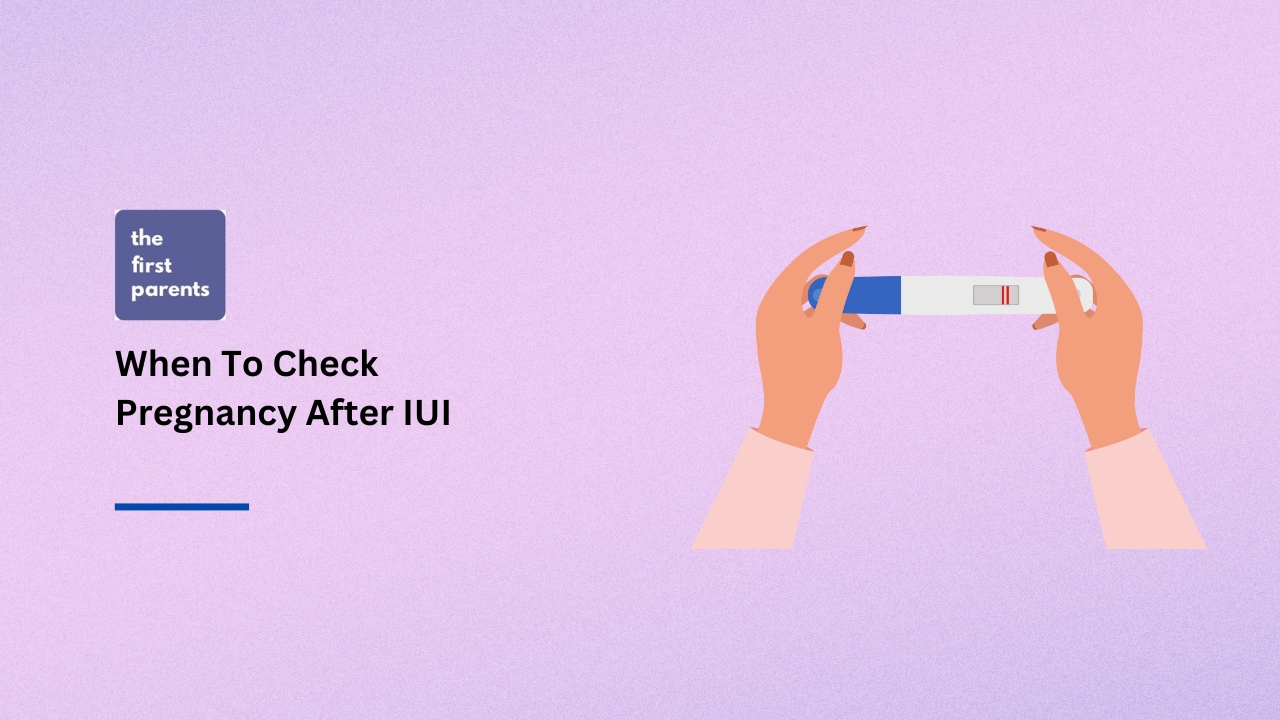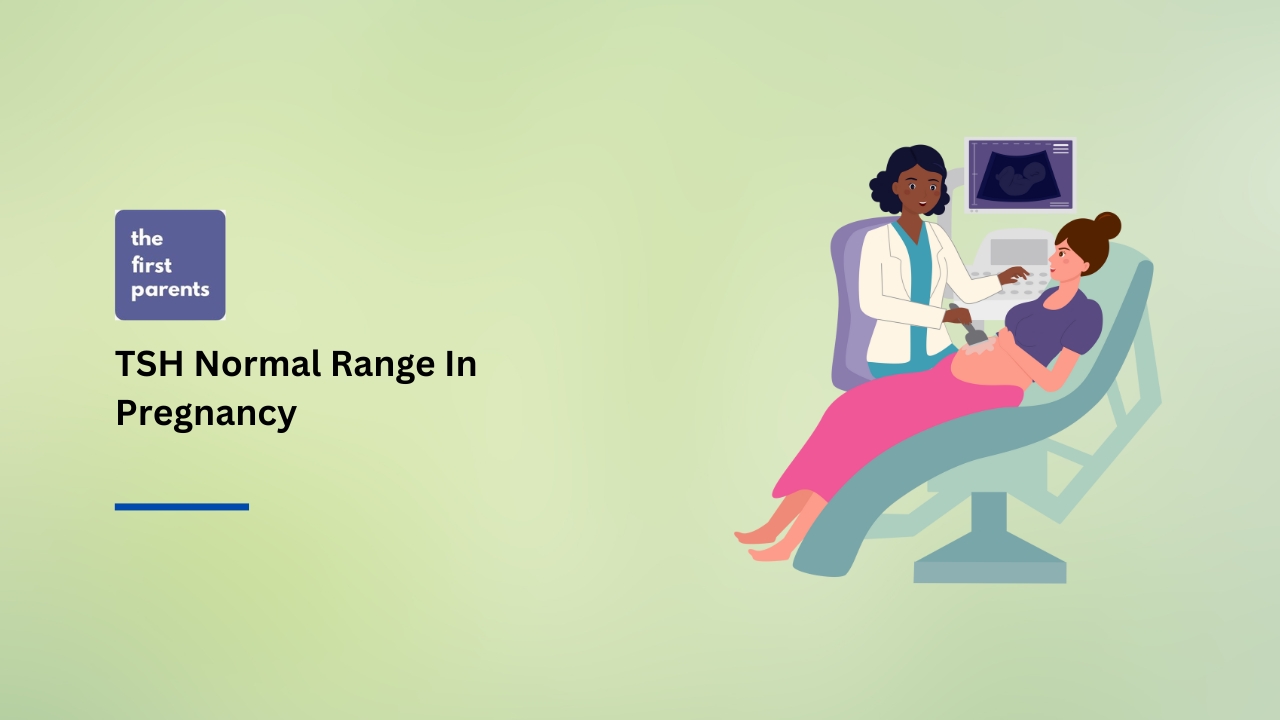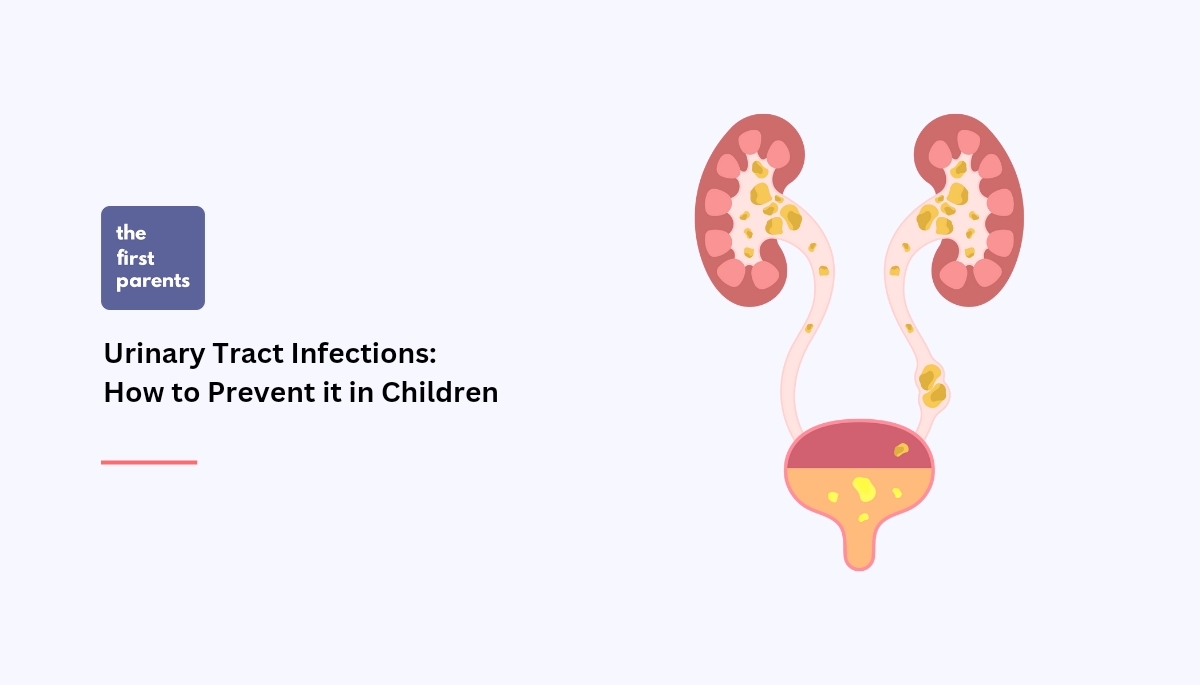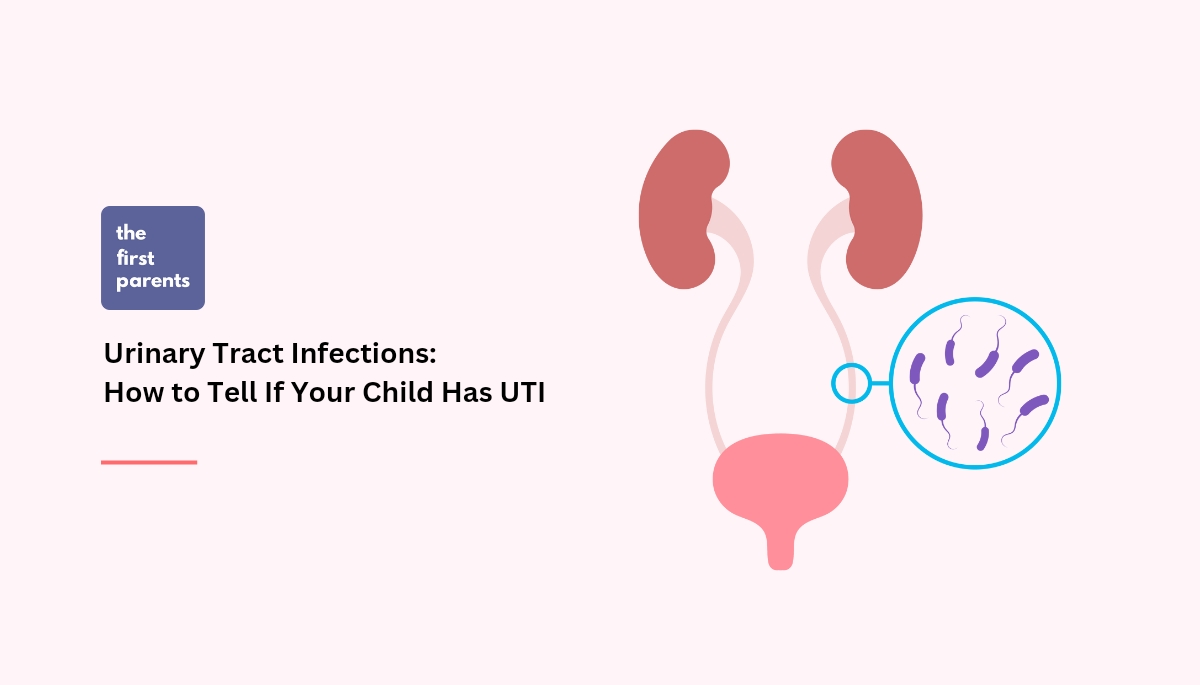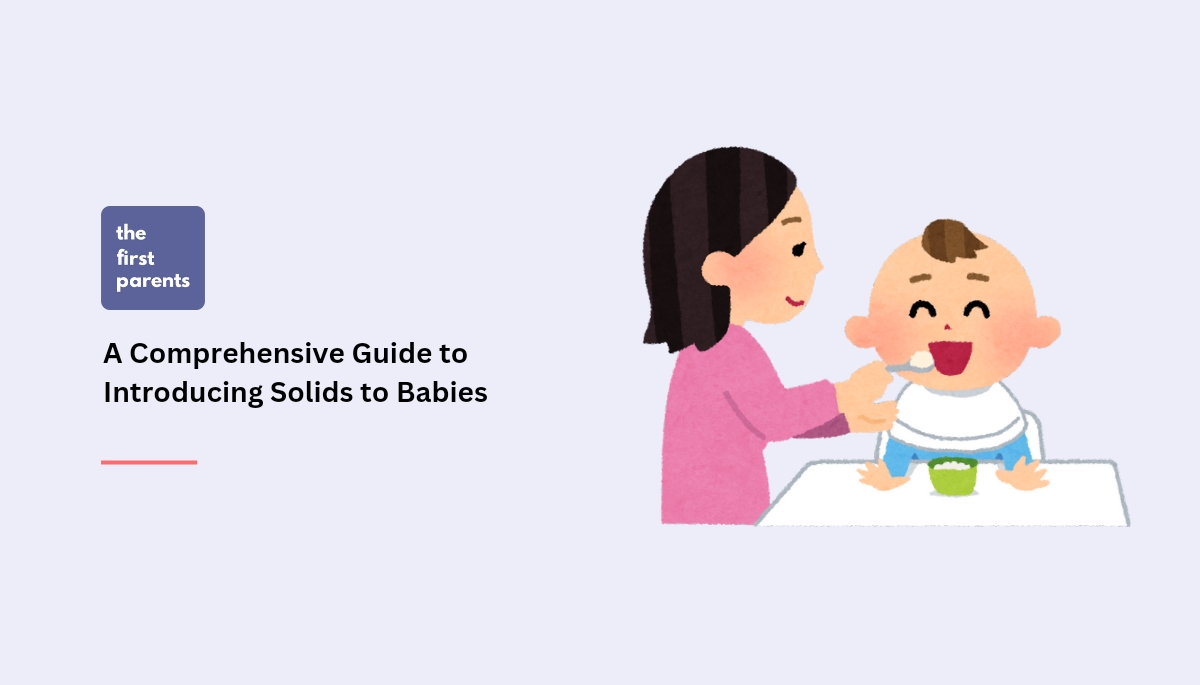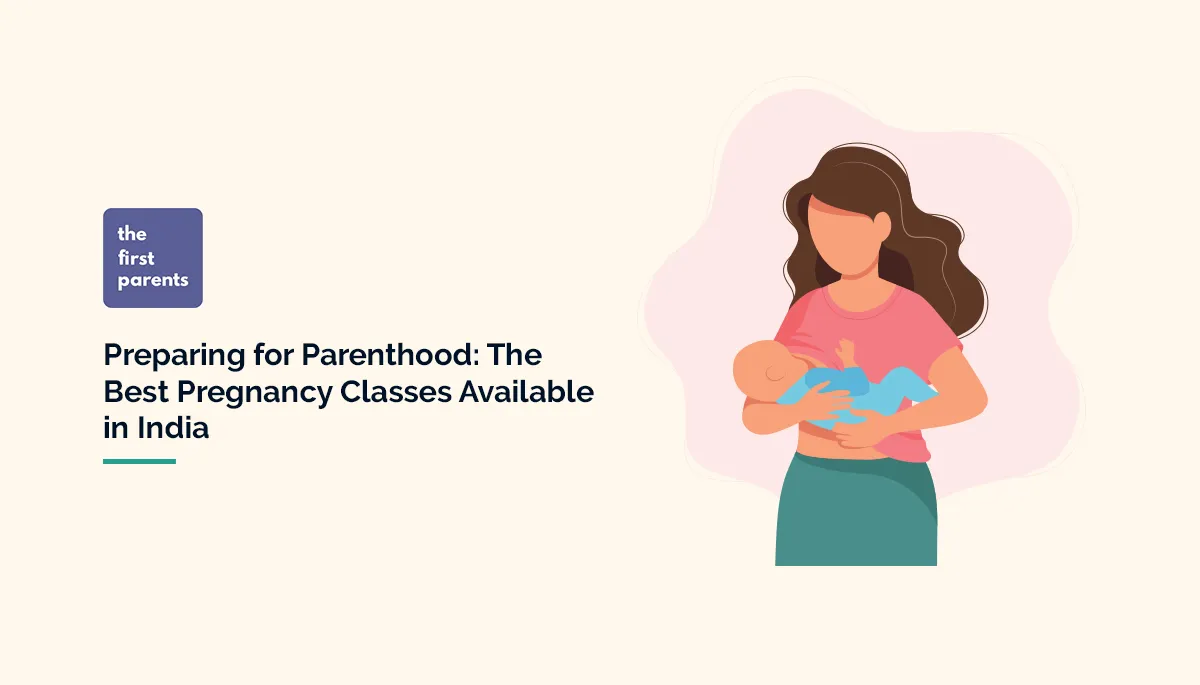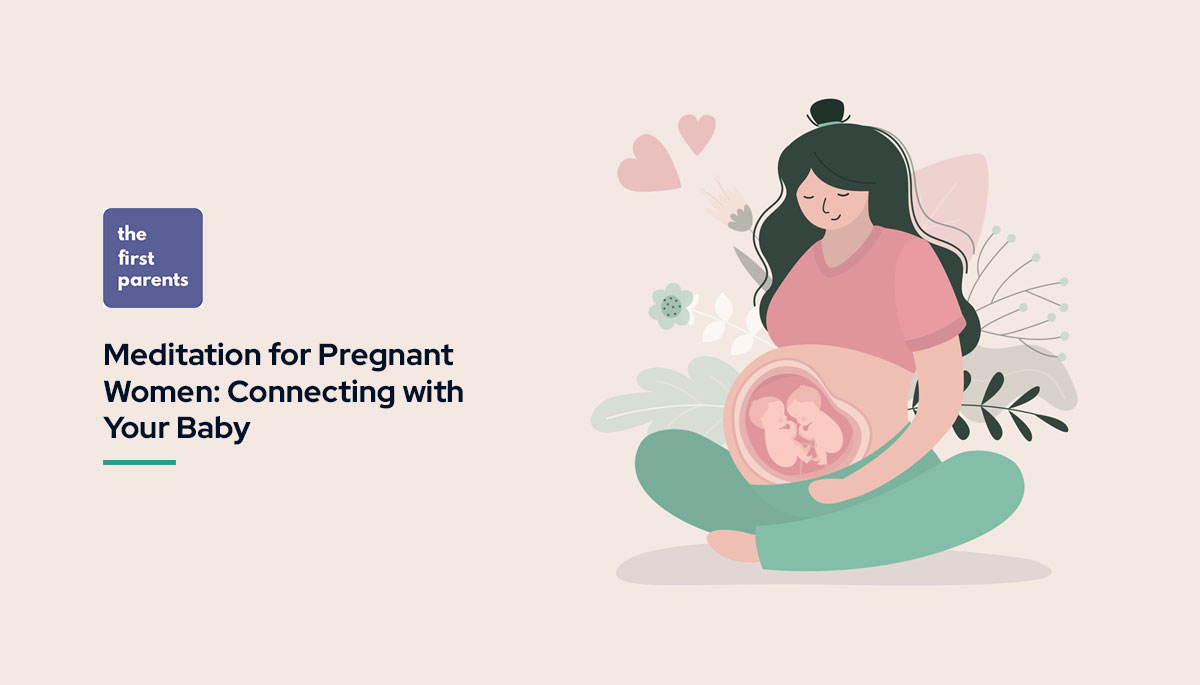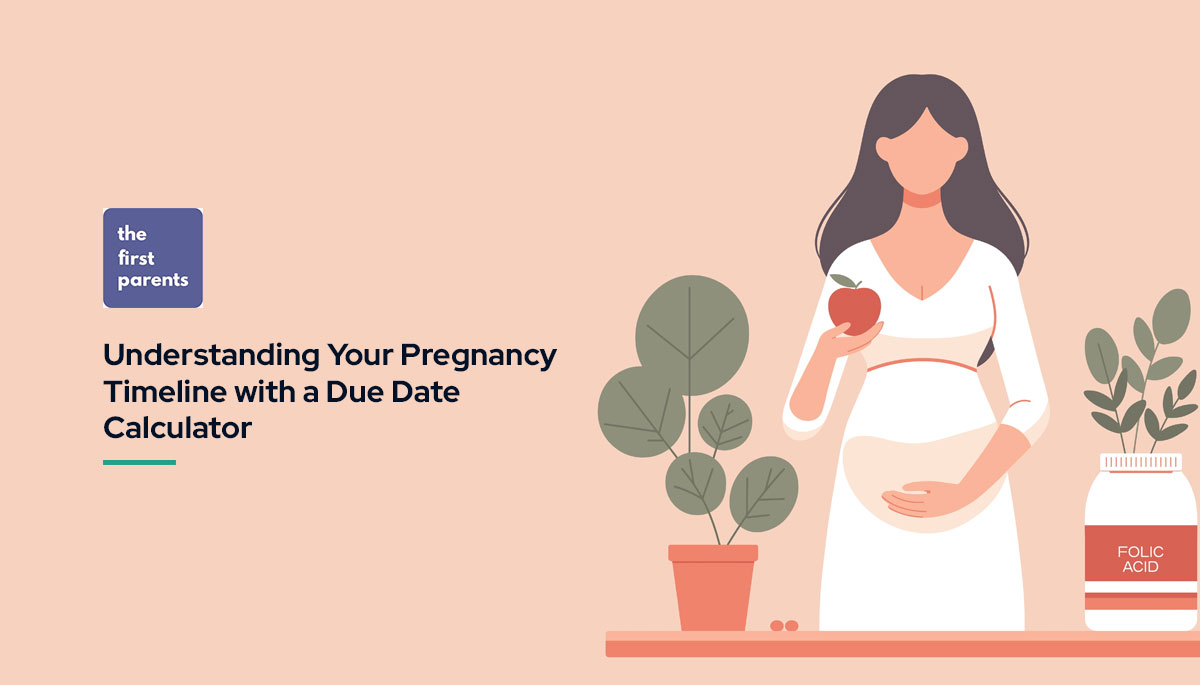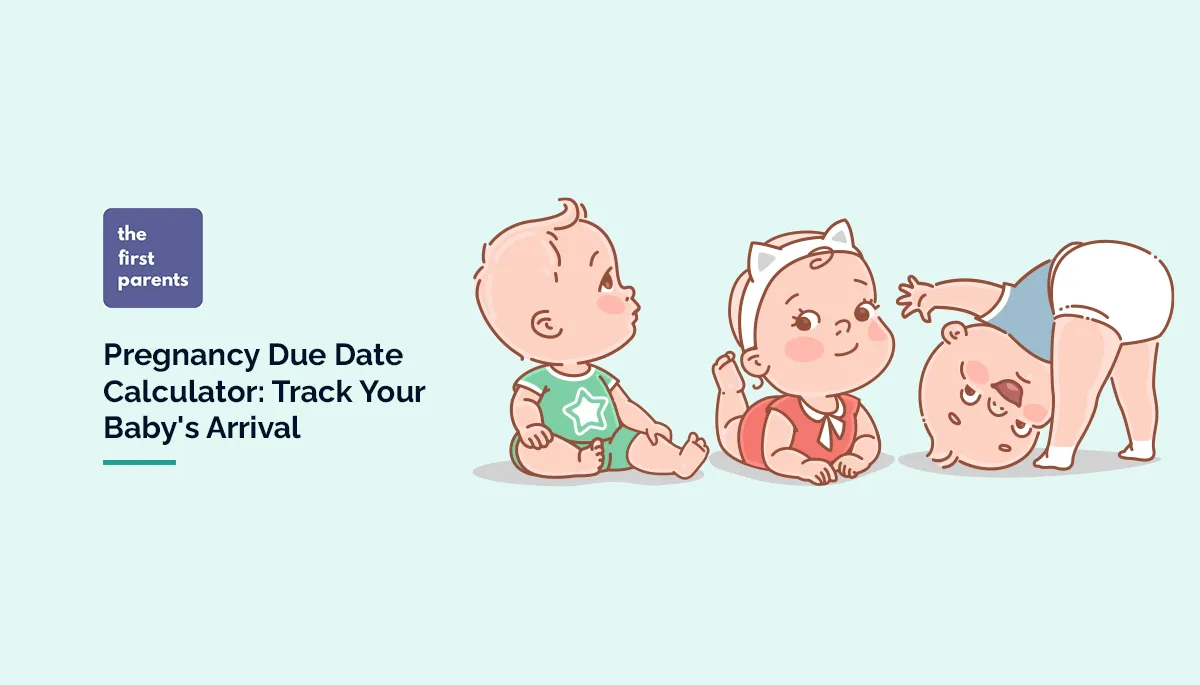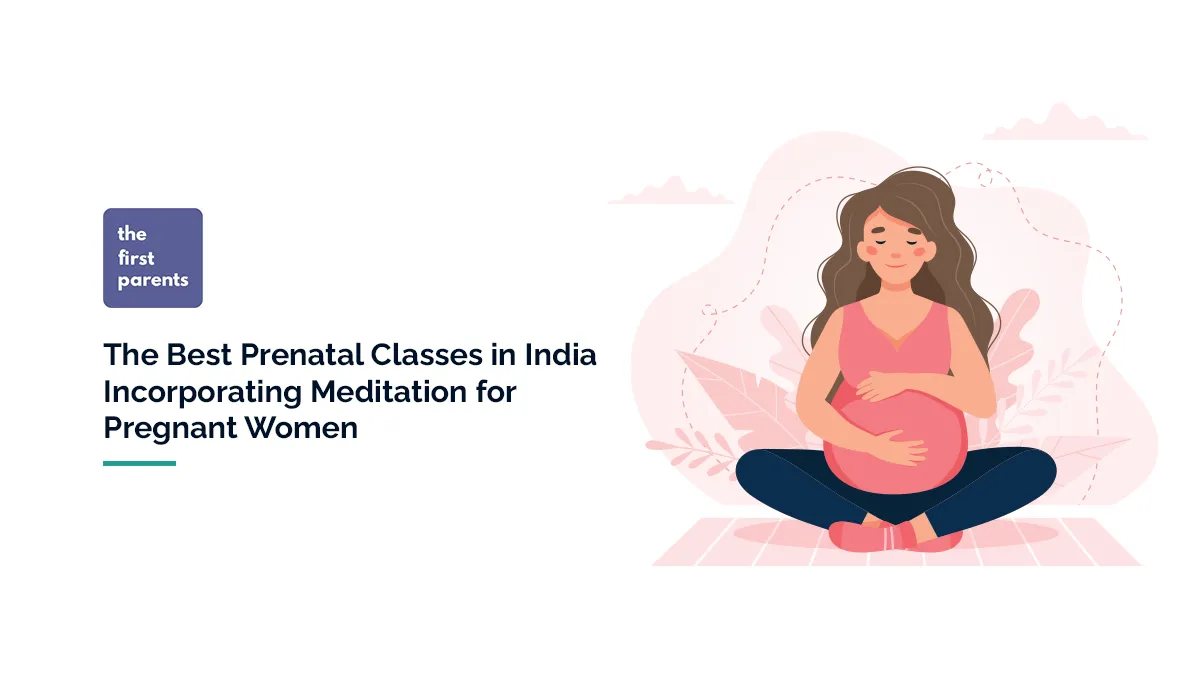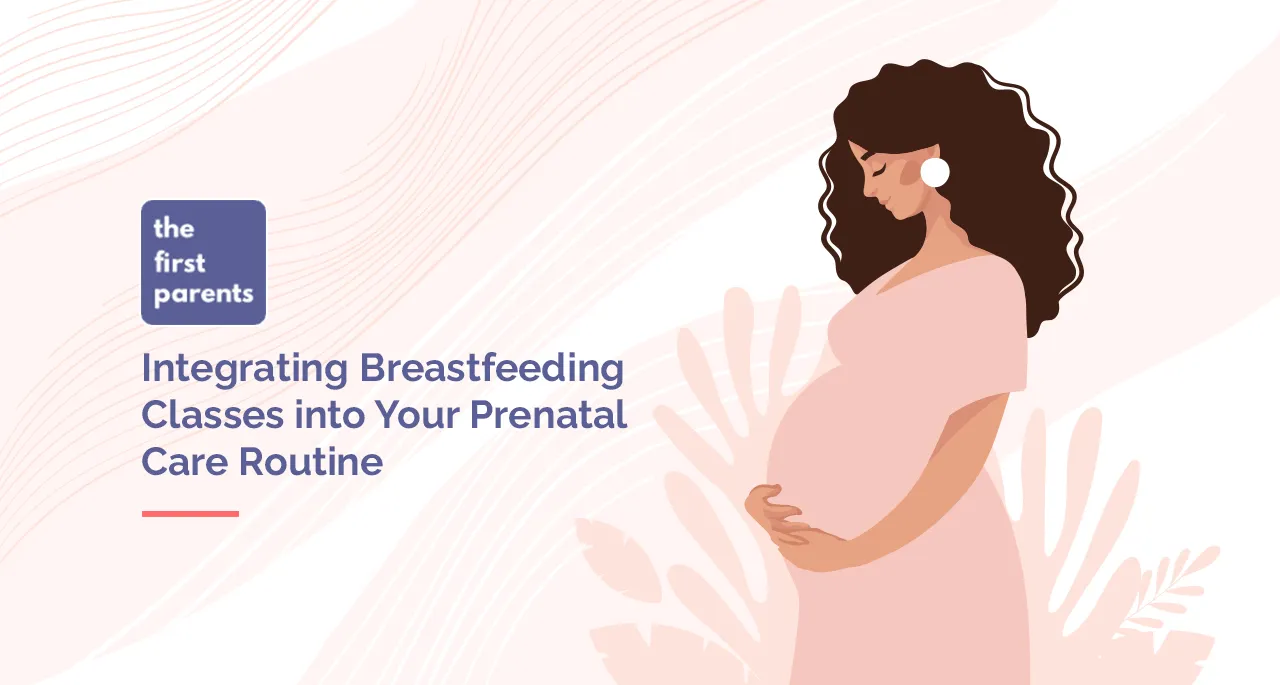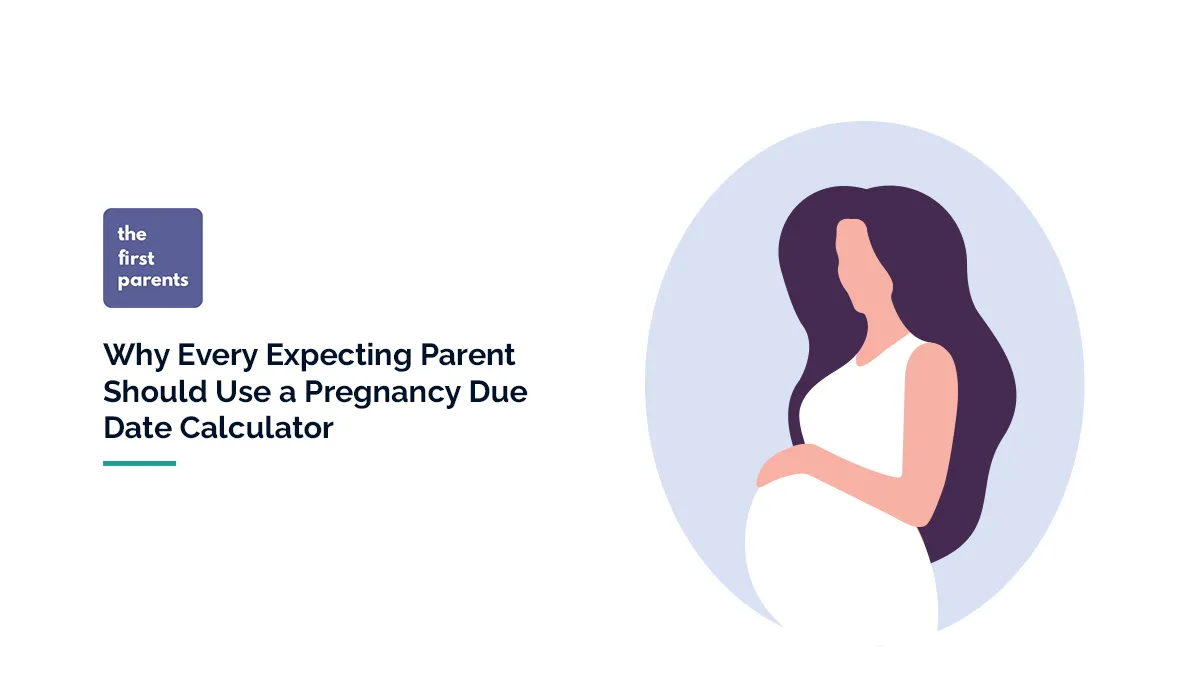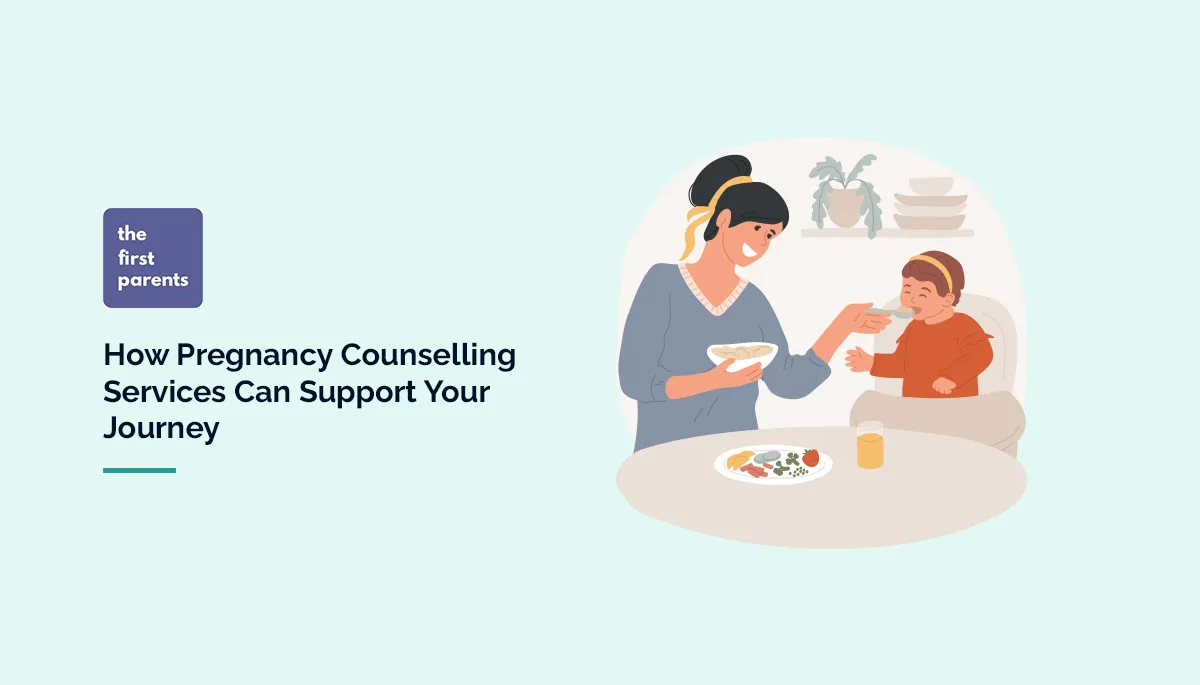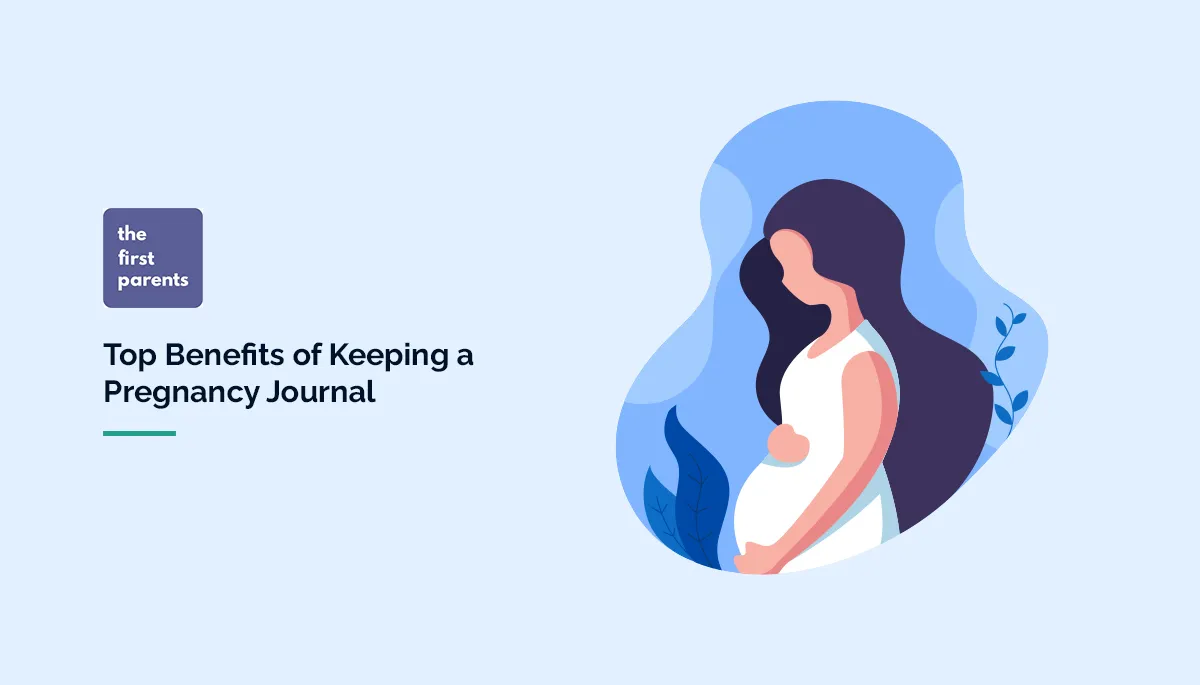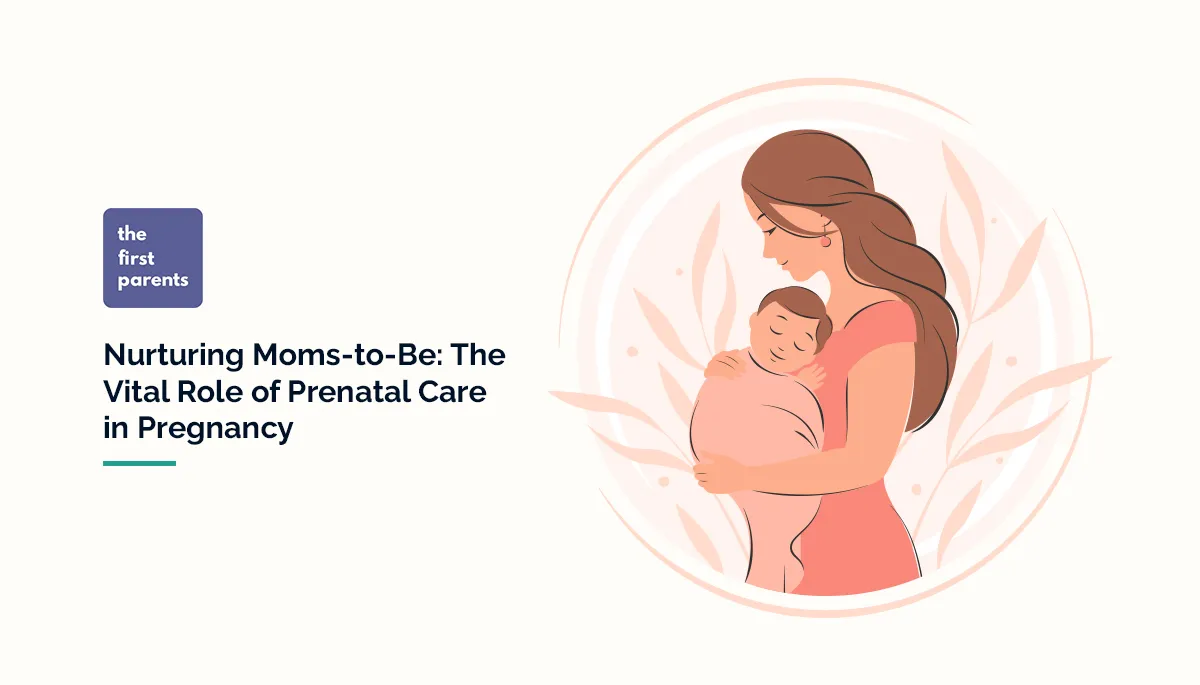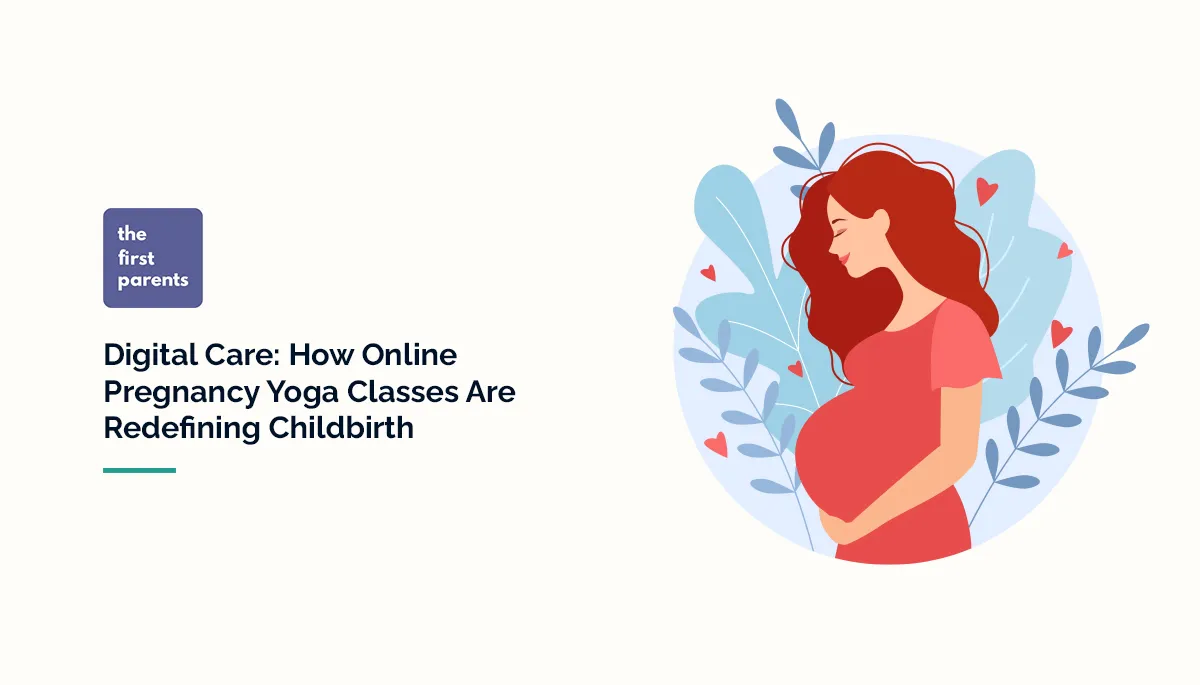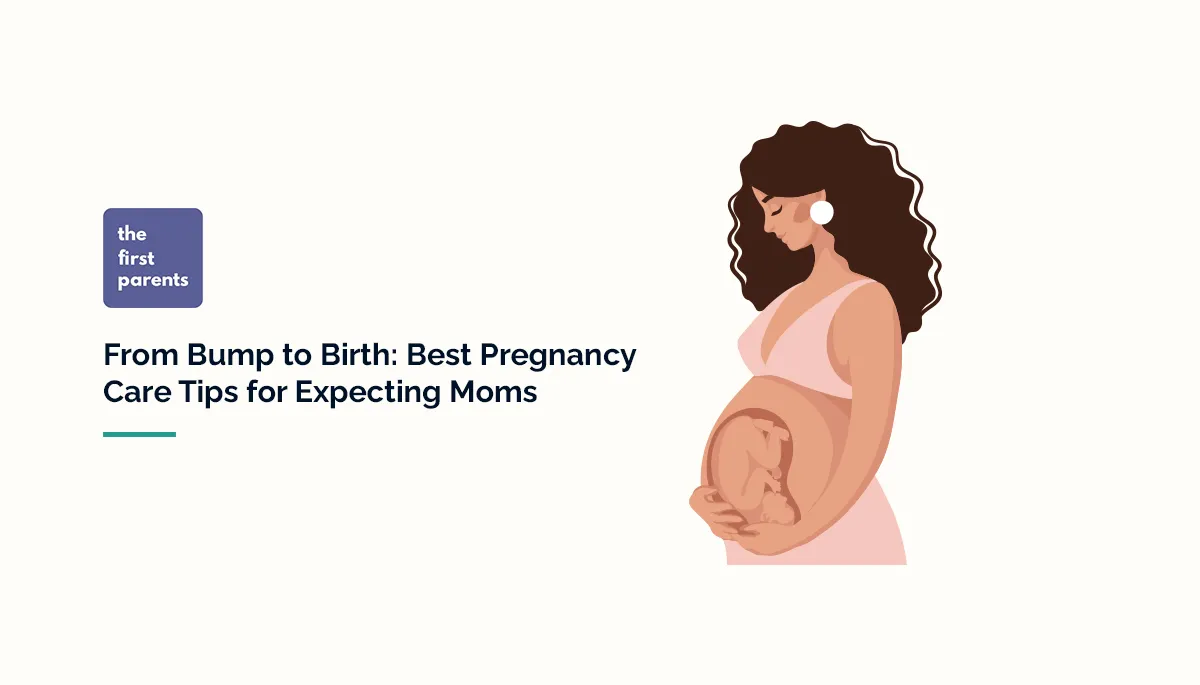The Importance of Nutrient-Rich Diet During Pregnancy: A Comprehensive Guide
 " alt="" />
" alt="" />
- First Parents
- January 12, 2024
During pregnancy, it is crucial to prioritize the best pregnancy care and maintain a healthy and balanced diet to support the growth and development of both the mother and the baby.
In this blog, we will discuss the importance of various nutrients, such as calcium, iron, iodine, and vitamin A, during pregnancy. It will also provide general dietary recommendations and precautions to follow during this period. Let’s explore more below.
Understanding the Role of Balanced Nutrition in Pregnancy
1. Importance of Calcium in the Diet
Calcium is essential for various bodily functions, including blood clotting, muscle formation and contraction, skeletal development, and maternal delivery It is important to include calcium-rich foods in the diet during pregnancy. Good sources of calcium include milk, milk products, whole grains, certain vegetables (such as kale, broccoli, and Chinese cabbage), and small fish with bones.
2. Importance of Iron in Pregnancy
Iron is crucial during pregnancy as it supports the development of the baby’s liver and helps prevent iron deficiency anemia in both the mother and the child Good sources of iron include spinach, dried beans, and certain non-vegetarian foods. It is important to consume fiber-rich foods and drink plenty of water to prevent constipation when taking iron supplements.
3. Importance of Iodine in Pregnancy
Iodine is necessary for the proper functioning of the thyroid gland and plays a crucial role in the development of the baby’s brain and nervous system. Using iodized salt is a recommended method to ensure adequate iodine intake during pregnancy. The daily recommended intake of iodine for pregnant women is around 150 mcg.
4. Importance of Vitamin A in Pregnancy
Vitamin A is important for eye growth and blood coloration. It is also necessary for various metabolic processes in the body, including collagen formation, which strengthens the skin, blood vessels, and bones Good sources of vitamin A include colorful vegetables like carrots, spinach, broccoli, and pumpkin.
5. General Dietary Recommendations during Pregnancy
It is important to maintain a balanced diet and avoid overeating.
- Aim for a weight gain of 10 to 12 kg during pregnancy.
- Include pulses, sprouts, yeast, iron-rich foods, and foods high in polyunsaturated fats in your diet.
- Start taking prenatal vitamins and supplements recommended by your healthcare provider during the second trimester.
- Avoid consuming foods with strong flavors and opt for carbohydrate-rich foods in the morning.
- Increase water intake and consume beverages like buttermilk, coconut water, and lime juice.
- Increase the intake of leafy vegetables and minimize the use of spices and salt.
- Consume nutritious snacks like nuts, eggs, and dairy products.
- Avoid papaya during pregnancy.
- Avoid smoking, alcohol, and tobacco.
6. Precautions and Avoidances during Pregnancy
- Avoid overconsumption of salt and caffeine.
- Engage in regular physical activity and maintain optimal weight gain.
- Follow preventive methods for gestational diabetes.
- Avoid hypotensive situations, and monitor sodium and iodine levels.
- Be cautious of pica, a condition where non-food items are consumed, which may indicate deficiencies in iron and calcium.
- Consult with a healthcare provider for proper guidelines and dietary plans.
7. Carom Seeds Water in the First Trimester: A Cautionary Note
Navigating the nuances of dietary choices during pregnancy is crucial for both the well-being of the mother and the developing baby. Let’s delve into specific considerations, addressing common queries for a healthy and balanced approach.
- Avoid Carom Seeds water in the first trimester due to its warming properties.
- Initial meals should steer clear of functional foods during this phase.
8. Calcium Intake and Alternatives for PCOD Sufferers
- Emphasize calcium intake, especially in hot weather.
- Dairy, like A2 milk, is recommended, but authenticity matters.
- PCOD/PCOS individuals can explore calcium-rich alternatives like ragi, sesame seeds, gluten-free flour, and soy milk.
9. Protein-Rich Diet for Calcium Absorption
- In the absence of pure milk, opt for a protein-rich diet.
- Avocados, gluten-free items, and vegetables contribute significantly.
- Protein aids in calcium absorption, promoting overall health.
10. Customized Diet Plans for Specific Medical Conditions
- Consult a dietitian for personalized plans, especially if pre-existing conditions exist.
- Trimester-wise guidance ensures tailored nutrition throughout pregnancy.
- Medical issues like gestational diabetes require careful dietary management.
11. Essential Nutrients: Iron and Folate
- Adhere to prescribed iron and folate intake.
- Customized plans accommodate individual needs, ensuring a safe and healthy delivery.
- Balancing nutrients mitigates risks and supports overall well-being.
12. Exercise and Breathing Techniques
- Regular exercise, including breathing and pelvic exercises, aids a normal delivery.
- Physical activity should align with individual capacities and medical advice.
- A holistic approach contributes to a smoother pregnancy journey.
Get The Expert Pregnancy Care with The First Parents
The First Parents was founded with the aim of simplifying pregnancy care, particularly for first-time expecting mothers. We have a team of experienced healthcare professionals, from gynecologists to nutritionists. You can count on us for pregnancy classes and consultations. Check our website for more details.
Verified by The First Parents






